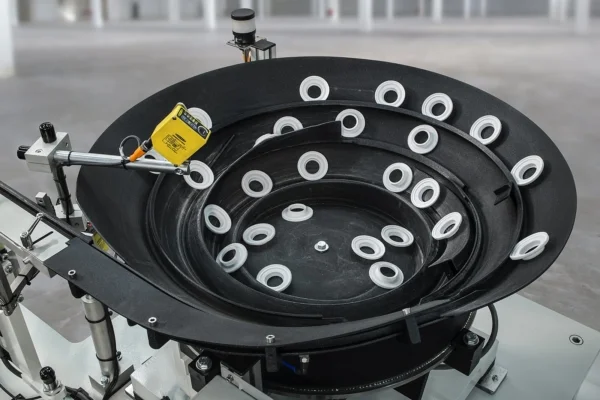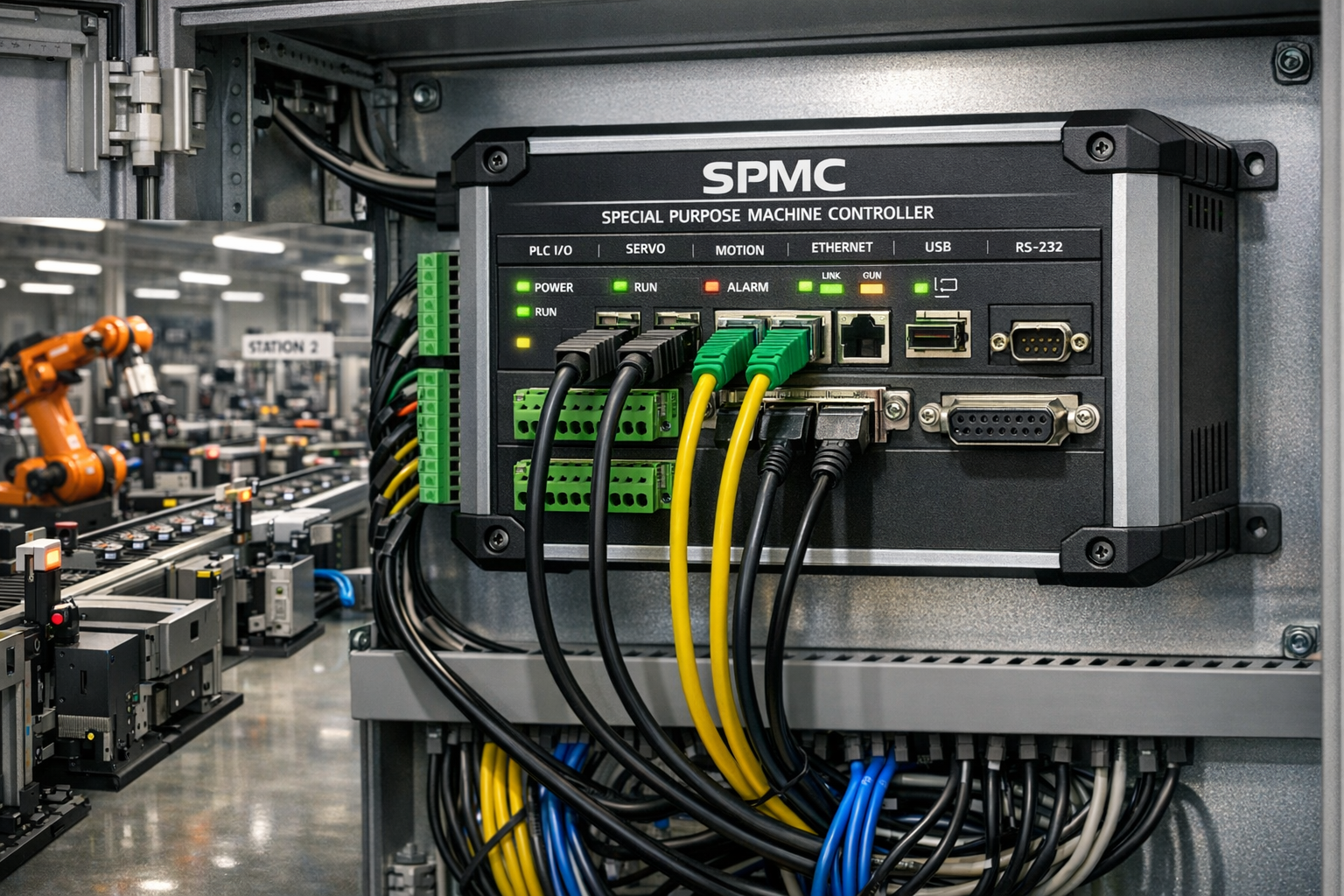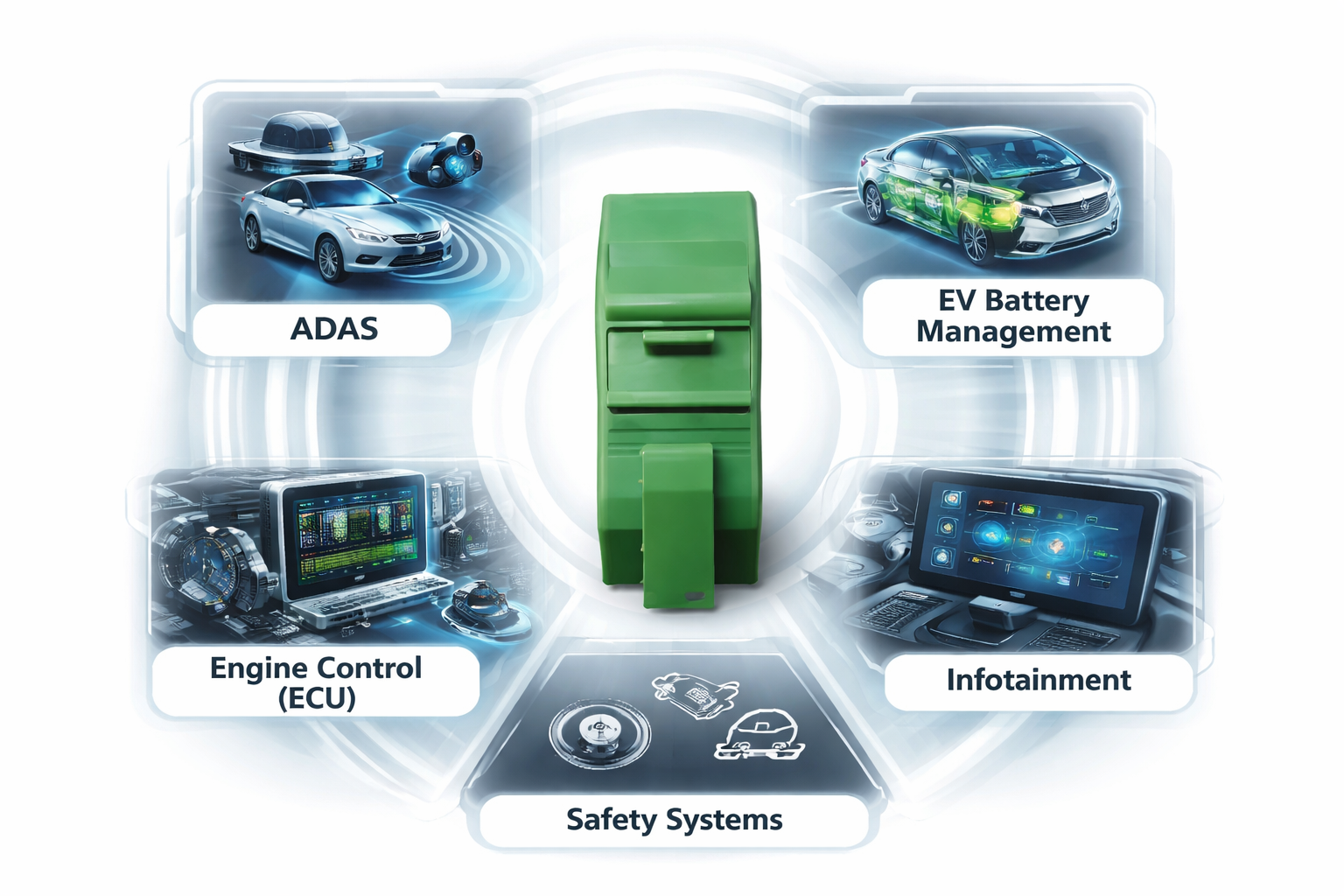In the realm of modern technology, control systems play a crucial role in regulating and monitoring various industrial processes. Feeder applications, which involve the precise control of material flow in industries such as mining, agriculture, and manufacturing, rely heavily on controllers to ensure efficient and accurate operation. While the market is flooded with numerous controller options, there is a growing demand for indigenized controllers tailored to the specific needs of local industries. In this blog post, we will explore the concept of an indigenized controller for feeder applications, its benefits, and how it empowers local innovation.
Understanding Feeder Applications
Feeder applications are diverse and encompass a wide range of industries. From conveyor belt systems in mining operations to grain handling in agriculture, feeder applications require precise control of material flow rates. Traditionally, these applications have relied on imported controllers, which may not always meet the unique requirements and constraints of local industries. An indigenized controller can bridge this gap by providing a tailor-made solution that maximizes efficiency and productivity.


The Need for Indigenized Controllers for Feeder Applications
Cost Efficiency
Importing controllers from foreign manufacturers often incurs high costs due to factors such as shipping, import duties, and currency fluctuations. Developing indigenized controllers can significantly reduce costs, making them more accessible to local industries and supporting economic growth.
Local Expertise
Indigenous controllers allow local engineers and technicians to leverage their in-depth knowledge of the specific industries and applications. They understand the challenges, operating conditions, and nuances that may go unnoticed by foreign manufacturers. This expertise enables the development of controllers that are better suited to local requirements.
Customization and Flexibility for Feeder Applications
Indigenized controllers can be designed to accommodate the unique needs of feeder applications. By tailoring the controller’s features and functionalities, local industries can achieve a higher degree of control precision, responsiveness, and adaptability, leading to improved overall system performance.
Timely Support and Maintenance for Feeder Applications
When relying on foreign controllers, local industries may face challenges related to technical support and maintenance. Indigenized controllers can overcome these obstacles by offering readily available support from local experts, reducing downtime and enhancing productivity.
Empowering Local Innovation
Collaboration and Knowledge Sharing
The development of indigenized controllers fosters collaboration between academia, research institutions, and industries. Such collaborations encourage the exchange of knowledge, technical expertise, and best practices, leading to continuous innovation and improvement in controller design.
Adapting to Local Conditions
Indigenized controllers take into account the specific environmental, operational, and cultural factors of local industries. They can be designed to withstand extreme temperatures, harsh working conditions, and power fluctuations, ensuring optimal performance and longevity.
Addressing Unique Challenges
Feeder applications often face unique challenges that require specialized control strategies. Indigenized controllers can incorporate innovative features to tackle issues such as material blockages, variations in material properties, and system dynamics, providing solutions that are tailored to local requirements.
Enhancing Technological Independence
Reliance on foreign technology limits a nation’s technological independence. Developing indigenized controllers promotes self-sufficiency and reduces dependence on imports, driving the growth of local industries and fostering technological advancement.
Conclusion
The advent of indigenized controllers for feeder applications represents a significant opportunity for local industries to enhance their productivity, efficiency, and competitiveness. By leveraging local expertise, customization, and a deep understanding of unique challenges, these controllers empower innovation and promote economic growth. Investing in research and development of indigenized controllers strengthens the technological backbone of a nation, leading to self-reliance and a sustainable future for local industries. As we move forward, it is essential to prioritize the development and adoption of indigenized controllers, forging a path towards a more resilient and prosperous industrial landscape. For more like this kindly visit our page.



